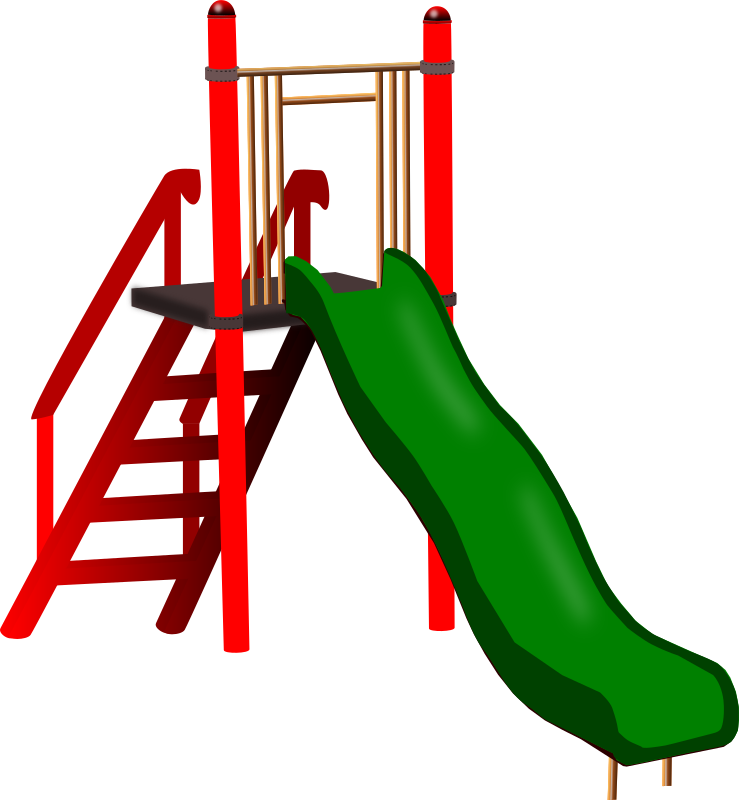Alhamdulillaah, this is the continuation of our discussion on the loss of academic skills, which many students experience during the summer break. If you are just joining the discussion, Ahlan wa Sahlan! (Welcome!), and you can read part 1 here in'shaa allaah.
Yesterday's post addressed the loss of academic skills that children experience during the summer months. Today, in'shaa allaah, we will continue that discussion and answer the question 'what needs to happen over the summer months to prevent this well-researched, preventable crisis in education'.
When the school year ends and your child is given his/her report card or you close down your homeschool and pack away your materials, that should not be a signal for all learning to stop. When/if parents do this, the gradual and detrimental loss of critical skills begins (what some call the summer slide, only when children get to the bottom of this slide, they are hurt), and it accumulates over time.

So, what needs to happen? Do educators and researcher argue that each day of the summer should be graced by a tidy, structured lesson? Do they suggest that students should be required to forgo romping in the sunshine and forget about consuming copious amounts of ice-cream while exploring parks and visiting friends and family? No. Not all at. But, we do need to give serious consideration to the question, what needs to happen during the summer months, because something in the way of learning does need to happen. But don't worry, it's painless, and (in most cases) it's free.
Yesterday's post addressed the loss of academic skills that children experience during the summer months. Today, in'shaa allaah, we will continue that discussion and answer the question 'what needs to happen over the summer months to prevent this well-researched, preventable crisis in education'.
When the school year ends and your child is given his/her report card or you close down your homeschool and pack away your materials, that should not be a signal for all learning to stop. When/if parents do this, the gradual and detrimental loss of critical skills begins (what some call the summer slide, only when children get to the bottom of this slide, they are hurt), and it accumulates over time.

So, what needs to happen? Do educators and researcher argue that each day of the summer should be graced by a tidy, structured lesson? Do they suggest that students should be required to forgo romping in the sunshine and forget about consuming copious amounts of ice-cream while exploring parks and visiting friends and family? No. Not all at. But, we do need to give serious consideration to the question, what needs to happen during the summer months, because something in the way of learning does need to happen. But don't worry, it's painless, and (in most cases) it's free.
Parents can do simple things such as encourage children to engage in regular recreational reading during the break from school, but here I want to pause and mention something about summer reading that is worth considering:Children should be encouraged to read books that interest them as long as they are Islaamically appropriate. Some researchers suggest that enticing children to read with incentive programs has unintended, negative effects on young readers. "Numerous studies have shown that voluntary (emphasis added) reading is the single most important factor in stimulating a child's reading potential" (Soltan 5). When children are bribed to read, the joy of reading and the understanding that reading is a reward all by itself, is lost. "Children benefit more by being encouraged to read voluntarily and to think of reading as one of their recreational activities" (Soltan 6). When we persuade children to read with the promise of a prize or reward when they've read a certain number of books, we inadvertently send a message that sabotages our goal of trying to get children to love reading. When children are persuaded to read for a prize, "the promise of a reward simply undermines any intrinsic motivation for visiting the library, browsing the shelves, and actually choosing material freely without an academic purpose other than self-interest or self-stimulation" (Soltan 7). One teacher noticed that incentive programs don't work because each child is different. The teacher pointed out that the prize or reward that awaits children at the end of the reading program may not interest many of the students and so they don't bother to read because, for them, the reward is not worth it. This teacher also noted that parents and educators may end up spending larger and larger amounts of money each year in an effort to make the prize more attractive and this is not what reading is all about. We want to encourage children to read because reading is a pleasurable experience, and we want children to read because it can enrich their lives; the knowledge they acquire can expand their mind, their perspective, and their world. That is the reward of reading, and that is what we want children to learn. It is truly worth reconsidering the ways in which you will encourage your child to become a life-long reader this summer.
But what about Math?
And, most important, what about al-Qur'aan?
In'shaa allaah, we will attempt to answer those questions in tomorrow's post.
Works Cited
Soltan, Rita. Summer
Reading Renaissance. Westport: Libraries Unlimited, 2008. Print.

No comments:
Post a Comment